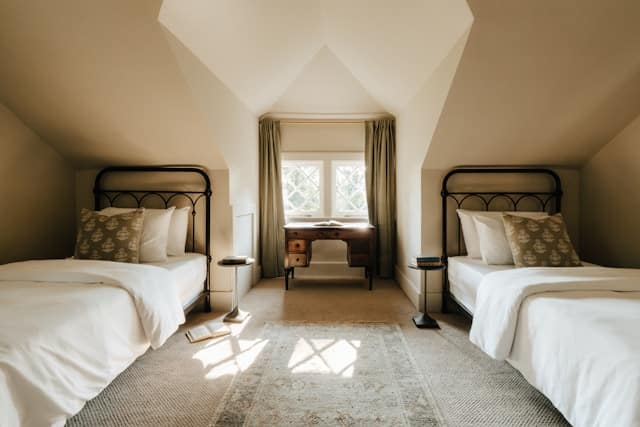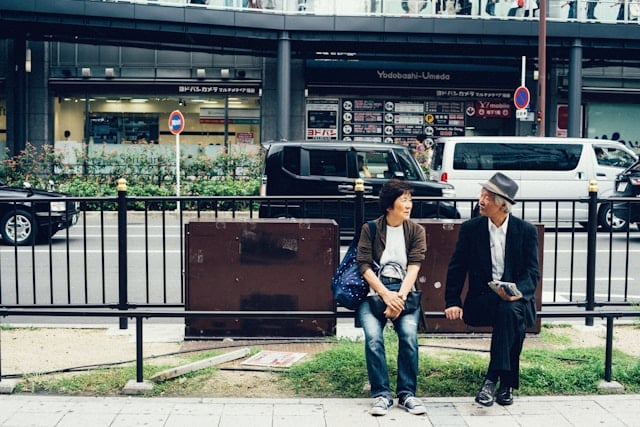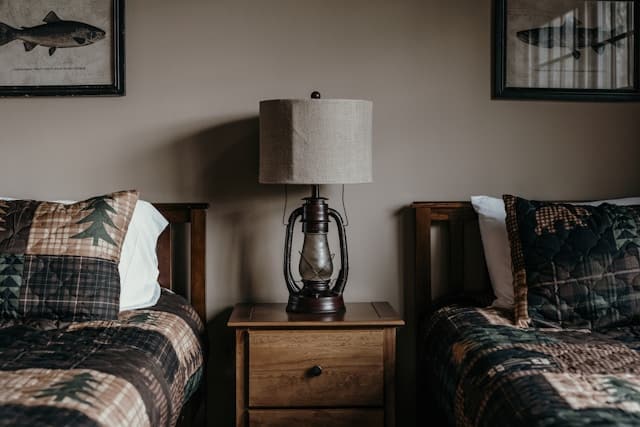In Japan, it’s not uncommon to see married couples sleeping in separate beds. This practice, while surprising to some, reflects deep-rooted cultural and social beliefs.
The trend of separate sleeping arrangements can be traced back to traditional Japanese homes, which often lack sufficient space. This scarcity has led many couples to adapt by using futons that can be easily stored during the day.

Beyond space constraints, separate sleeping can also stem from individual comfort preferences. Many people find it easier to get a good night’s rest without the disturbances of a partner’s movements or snoring.
Psychologically, separate sleeping may help maintain a sense of individuality within the marriage. This independence can foster a healthier relationship, allowing partners to feel more like themselves.

Moreover, the practice of sleeping apart can also be linked to the stresses of modern life. With long working hours and demanding schedules, couples may prioritize sleep quality, even if it means being apart at night.
Interestingly, this separation does not necessarily indicate marital discord. Many couples in Japan report satisfaction in their relationships despite sleeping in different beds.

Ultimately, the choice to sleep apart can be seen as a practical solution that accommodates both personal comfort and the cultural landscape of modern Japan.
